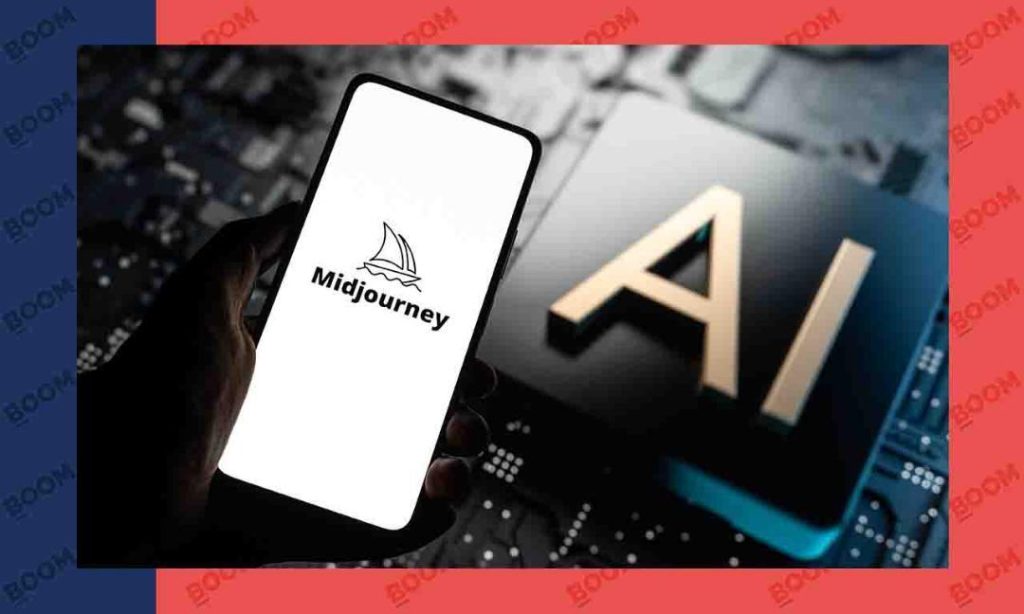
Disney, Universal Sue Midjourney Over AI Image Use
The world of artificial intelligence (AI) has been rapidly evolving, and with it, the possibilities of generating images that were previously unimaginable. However, this innovation has also raised concerns about copyright infringement and intellectual property (IP) protection. The latest development in this saga is that Disney and Universal have sued AI image platform Midjourney for allegedly generating unauthorized images of iconic characters like Shrek and Darth Vader.
The lawsuit was filed in California and claims that Midjourney’s AI tool infringes copyright and profits off IP without consent. This move has sent shockwaves through the tech and entertainment industries, highlighting the need for clearer guidelines on the use of AI-generated content.
Midjourney, a platform that uses AI to generate images, has been making headlines for its incredible capabilities. The platform’s tool can create images that are almost indistinguishable from real-life photographs, using a combination of machine learning algorithms and user input. While this technology has the potential to revolutionize the world of art and design, it also raises concerns about copyright infringement.
The lawsuit alleges that Midjourney’s AI tool has generated unauthorized images of Disney and Universal’s iconic characters, including Shrek, Darth Vader, and others. These characters are among the most recognizable and valuable intellectual properties in the world, and their unauthorized use could have significant financial implications for the studios.
The lawsuit claims that Midjourney’s actions are not only a violation of copyright law but also an attempt to profit off the studios’ hard-earned IP without permission. This is a serious concern, as it could set a dangerous precedent for the use of AI-generated content.
In a statement, Disney and Universal emphasized the importance of protecting their intellectual property and creative works. “We take these allegations very seriously and are committed to protecting our intellectual property and creative works,” said a spokesperson for the studios. “We will do everything in our power to ensure that our characters and stories are not used without permission.”
The lawsuit also warns that Midjourney’s upcoming video feature may deepen the legal and creative risks posed by generative AI. This feature would allow users to create videos using the platform’s AI tools, which could potentially lead to even more widespread copyright infringement.
The use of AI-generated content is a rapidly evolving field, and it’s essential that creators and consumers alike understand the legal implications of this technology. As AI continues to improve, it’s crucial that we establish clear guidelines for its use to ensure that intellectual property is protected and creativity is encouraged.
In response to the lawsuit, Midjourney has issued a statement denying any wrongdoing. “We are committed to creating a platform that is safe and respectful for all users, and we take allegations of copyright infringement very seriously,” said a spokesperson for the company. “We are reviewing the lawsuit and will respond accordingly.”
The lawsuit between Disney, Universal, and Midjourney highlights the need for a more comprehensive approach to addressing the legal and creative risks posed by generative AI. As AI continues to evolve, it’s essential that we establish clear guidelines for its use and protection of intellectual property.
In conclusion, the lawsuit between Disney, Universal, and Midjourney is a significant development in the world of AI-generated content. As AI continues to improve, it’s crucial that we establish clear guidelines for its use to ensure that intellectual property is protected and creativity is encouraged.






